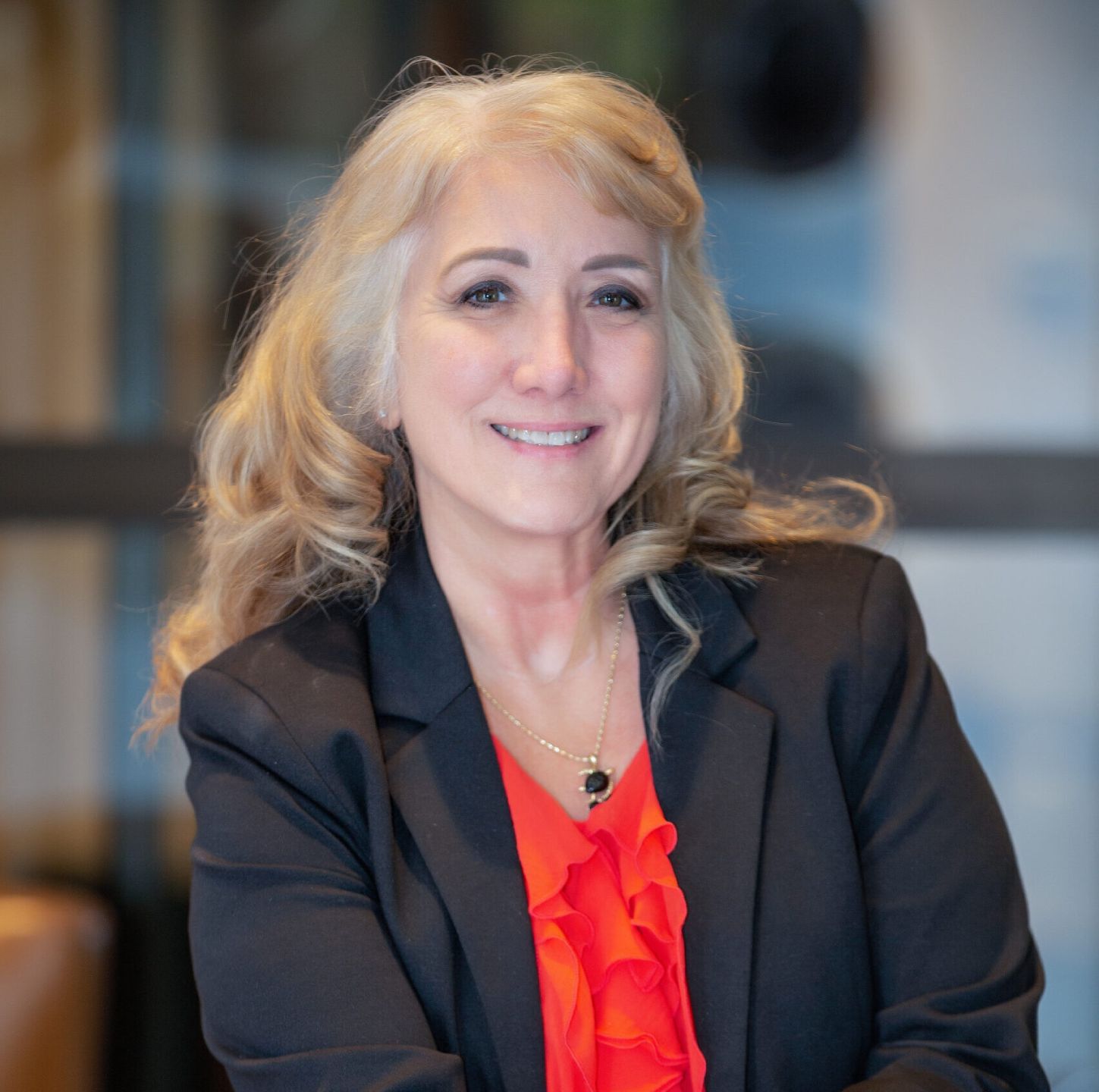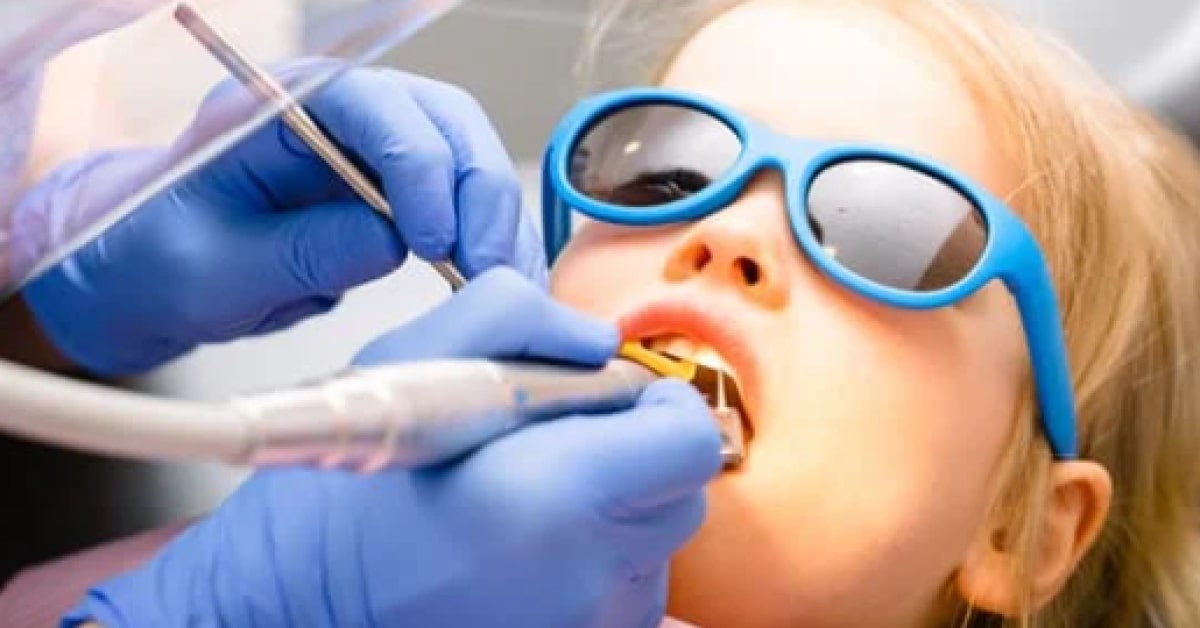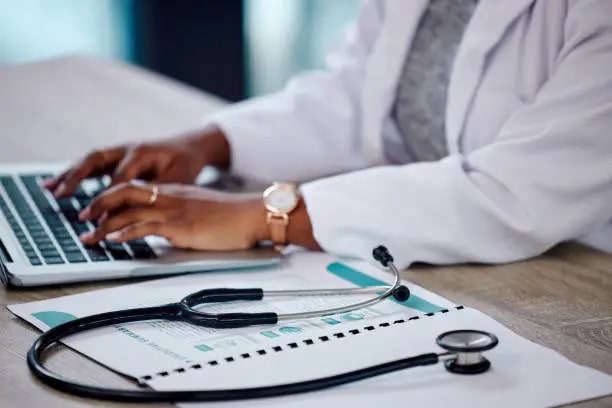Blog
April 21, 2023 • 10 mins readAccidents Happen,Can You Bill Medical Insurance for Dental Trauma?
Are you wondering if you can bill medical insurance for dental trauma? Learn about the different types of dental trauma and how to bill medical insurance for them.
Author

Laurie Owens
CPC | CPB | COC | Director Of Medical Billing Education for Devdent

In this Article
Kai, my granddaughter, was only 11 years old when I heard the most frightening shrieking sound from the bathroom. It was the worst sound that a grandma in dentistry could hear! As she emerged from the bathroom, I noticed pieces of teeth in her right hand and fractured front maxillary teeth. Immediately, my heart stopped and because I have been in dentistry for two decades, my first and only call was to our family dentist. We were fortunate that they happened to have a cancellation and we were able to get in right away. But what would have happened if I had not been in dentistry? What if your every day patient with limited to no knowledge of dentistry had this same experience?
As we all know, our patients do not know how their dental insurance works, let alone the basics on how their medical insurance works. Granted, it is their insurance, and they should know, but we need to give them grace on this, much like we do with dental insurance. The great insurance coordinators only need to know their employer and they usually know what the dental insurance is.
If you are new to the world of medical billing, you may have questions on how to handle filing medical claims for dental accidents. Fortunately, you have come to the right place.
Step 1)
First and foremost, if a patient arrives with complaints of dental trauma due to an accident, we should always complete the Accident Form. Even if you don’t have a standard accident form available, we have you covered! We have an easy to use accident form available for purchase and immediate download on site.
The importance of the accident form is without question. Without this form written by the patient or their guardian in their own words, it would be as if you were “making up” the story. This document proves your coding and can also help you obtain additional benefits if more problems occur because of the trauma (sequela), and is the foundation of any good medical insurance claim for trauma.
Step 2)
Verify the Benefits. We do this in dentistry already, but we may think that it should be “assumed”. Medical insurance requires the finer details. Remember, you should start with the question: What kind of policy is it?
- EPO (exclusive provider organization, will only pay for emergency treatment)
- HMO (health maintenance organization which requires a referral from PCP)
- PPO (preferred provider organization)
- Self-funded (usually a union or large employer group)
- POS (point of service, which requires a referral to a specialist)
- Medicare (you can only bill if you are a registered provider)
- Medicaid (you must be registered by the state to bill)
Taking the time to know exactly what type of medical insurance your patient has signed up for is a huge step in getting your claims accepted.
Step 3)
Define your Coding. Making sure you are telling the whole story (without embellishment) is vital to medical billing. That said, it is equally important to ensure that you are providing honest, truthful details on any claim to prevent the risk of unintentional (or intentional) fraud. Think of the old television show that would say, “tell the truth and only the truth”.
Giving a location of where the accident occurred like single family bathroom, public park, golf course, etc., will help insurance to know that there are no other entities responsible to pay. For instance, if it was an auto accident, medical insurance could get reimbursed from an auto policy.
A quick example scenario would be:
Patient was walking while texting and turned abruptly walking into a lamppost fracturing his maxillary and mandibular dentition.
S02.5XXA – fracture of teeth
W22.02XA – walked into a lamppost
Y92.410 – Unspecified street and/or highway as the place of occurrence of the external cause
Step 4)
Ensure your Documentation. You can have the best coding and completed accident form, but without appropriate documentation the claim will get denied.
If it was an emergency, your notes need to state that. Patient is in pain, what does the note say? We can declare it is an emergency, but if there is no specified emergency…don’t do it!
This box on the claim form means that you will be paid as an in-network provider to treat the emergency. This should only be marked if there is an emergency and you are qualified to bill it as an emergency.

Step 5)
Keep your dates straight! In order to file a claim for a dental accident, you must have the accident date, or the date that the accident happened.
This will apply in boxes 14 and 15.

431 means onset of illness or injury. In this instance, we would use both boxes 14 & 15.
439 means an accident. If the accident was on a different date from the new symptoms, the dates will be different. Be mindful of the exact dates that are listed on your forms!
Box 10 will tell the medical insurance company what the accident/condition is related to. Employment, Auto Accident, or Other accident. Regardless of which box you check, you must tell them what state it occurred in.

The best education on trauma you can receive would be to attend one of our 2-day Medical Billing for Dentistry courses. Within this course is an entire section dedicated to trauma to help you know at what phase of trauma, Active, Subsequent, or Sequela your patient is in and how to tell the insurance.
If you still aren’t sure of the benefits of billing medical insurance for dental injuries, and how it would work in your practice, you can take our free assessment or contact our knowledgeable team today!

Laurie Owens CPC, CPB
As the Director of Medical Billing Education for Devdent Laurie brings over a decade of experience educating dental practices on billing medical insurance and the techniques to get claims paid. Laurie believes that patients should be able to utilize their medical insurance for procedures due to oral systemic conditions.



